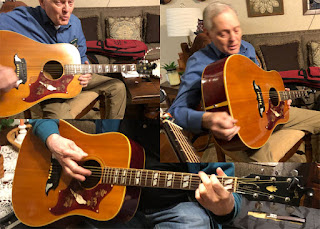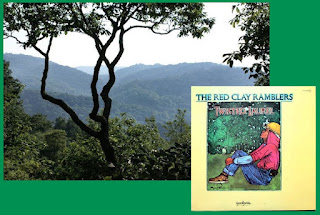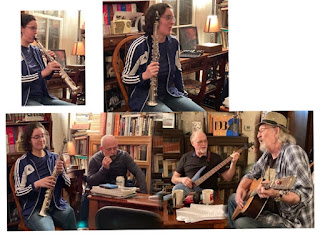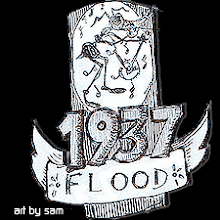From almost a decade ago — in the early spring of 2013 — here’s the late Joe Dobbs fiddling the last of the many tunes he taught us over his 40 years of playing with us.
Now, Joe’s tune here is an old one — it goes back at least 300 years — called “South Wind,” an Irish aire that Joe learned from a nice lady in Beckley, WV. And like many a good Irish tune, it prominently features a few ghosts along the way.The story of “South Wind” goes like this.
It’s seems that there was a ghost ship bringing back home the souls of Irish exiles, men the Irish called The Wild Geese who had been killed in battle in foreign wars. As this haunted ship continued around southwestern County Cork, it was driven up the west coast by a southern breeze.
And legend has it that the ghosts of these brave expatriates could be heard intoning this particular enchanted tune, which was picked up on the shore by the pipers and the fiddlers who handed down to us today.

















































